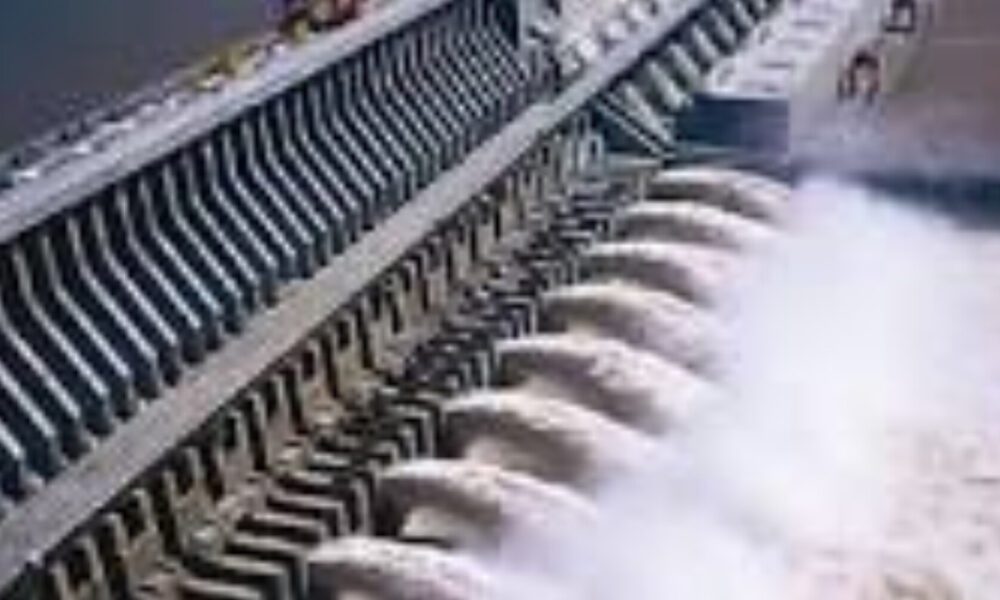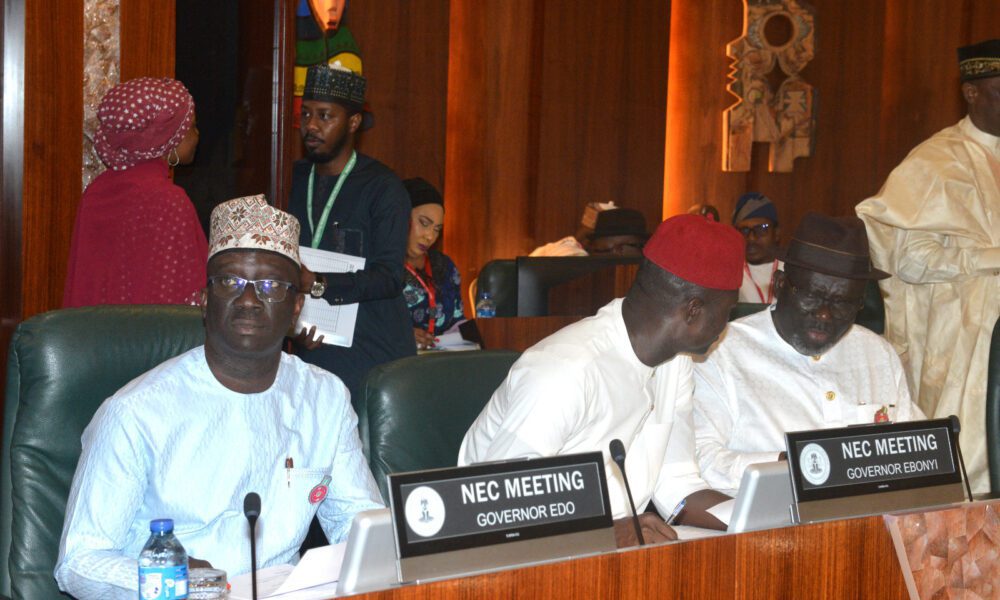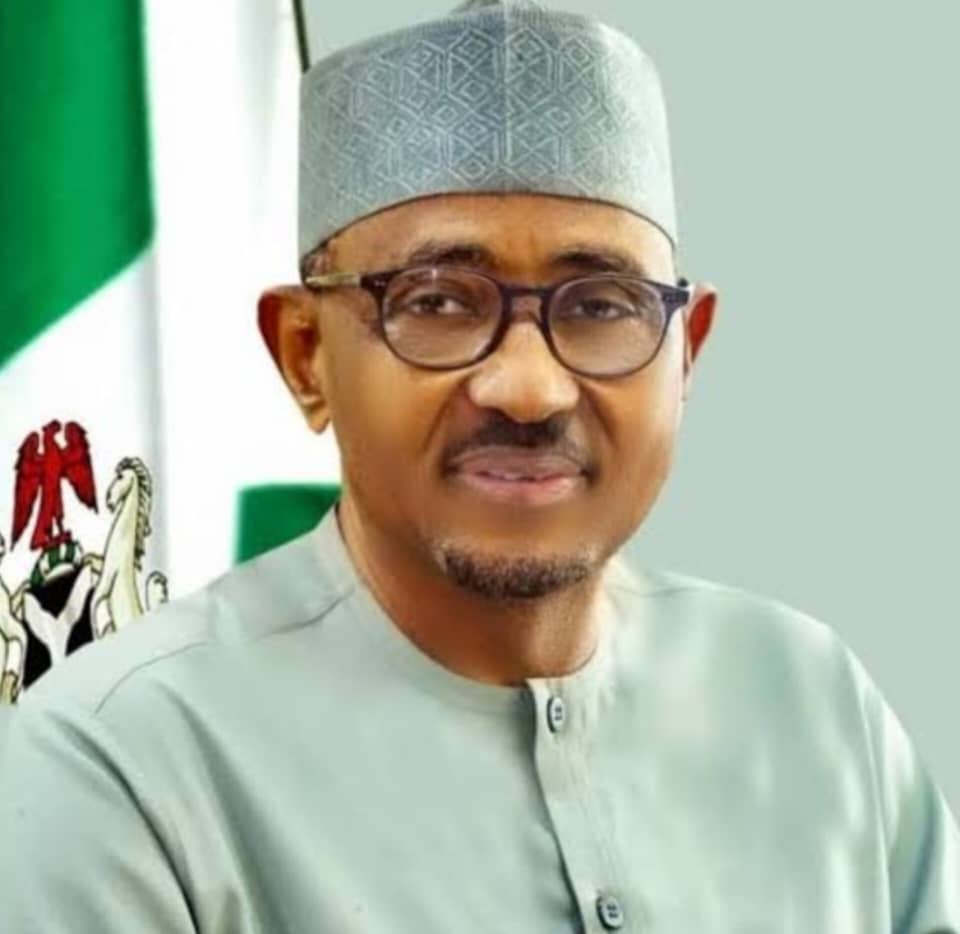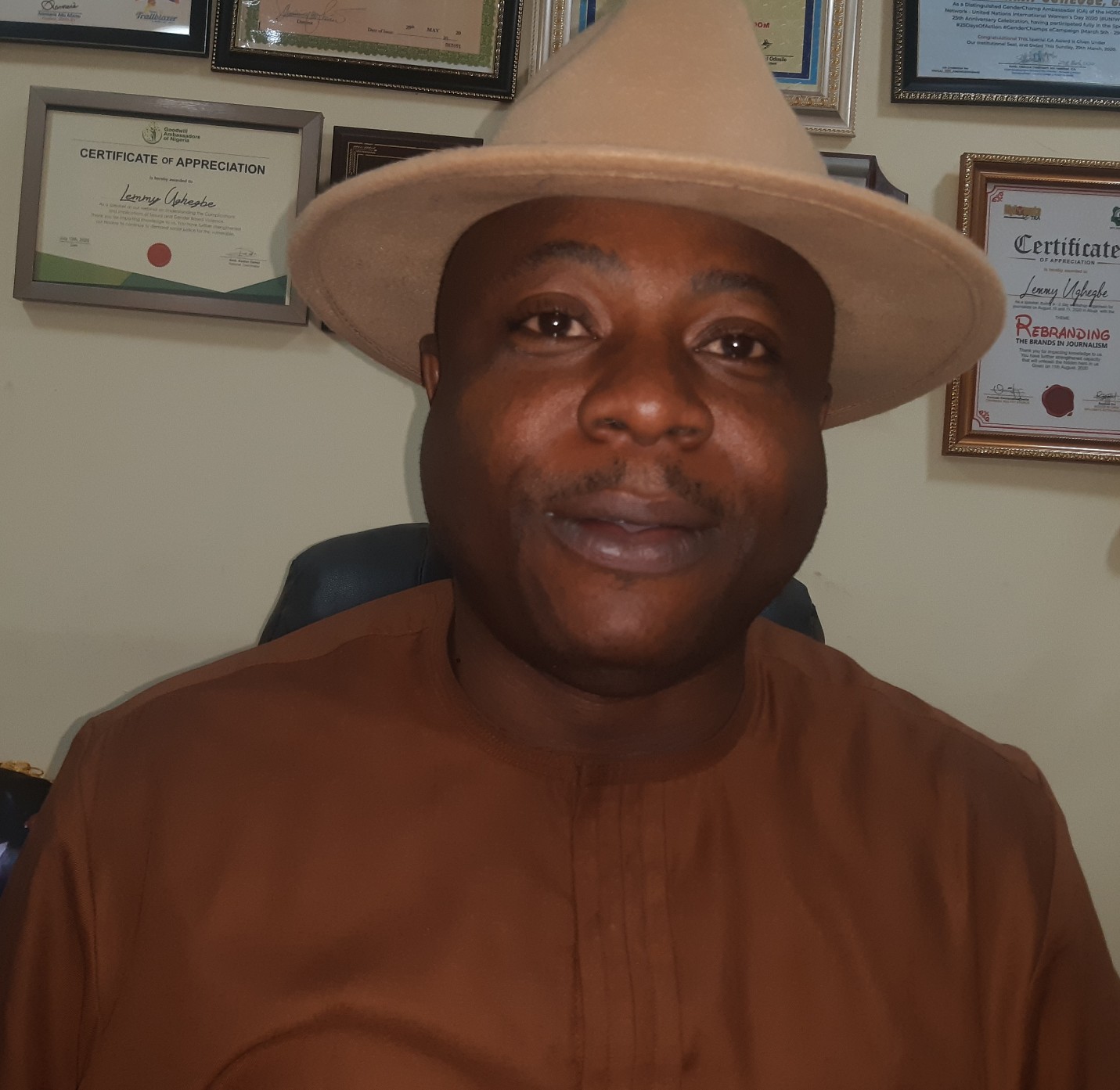****Obasanjo, Buhari, Others Set to Testify as Mambilla’s 52-Year Legacy Hangs by a Thread
The International Court of Arbitration in Paris is set to witness high-profile legal drama as Nigeria faces potential disgrace in its decade-long battle over the $6 billion Mambilla Hydroelectric Power Project. The landmark case, initiated by Sunrise Power and Transmission Company against the Federal Government of Nigeria, reaches its climax this January.
Once a beacon of hope for Nigeria’s energy independence, the Mambilla project, conceived in 1972, now symbolizes decades of political interference, corruption, and bureaucratic bungling.
With the final arbitration hearing on the horizon, Nigeria’s chances of escaping liability appear grim, especially as key witnesses, including former ministers Abubakar Malami and Mamman Saleh, are conspicuously absent.
First awarded in 2003 under a Build-Operate-Transfer (BOT) model, the project has been dogged by abrupt policy reversals, contract cancellations, and re-awards.
The most controversial pivot came under President Olusegun Obasanjo, who shifted from BOT agreements to procurement contracts, fracturing the initial plan. Successive administrations, including those of Presidents Yar’Adua, Jonathan, and Buhari, oscillated between reviving the original agreement and renegotiating settlements.
The hearing promises explosive revelations as former Presidents Obasanjo and Buhari testify alongside ex-ministers and experts. Buhari is expected to defend his administration’s controversial 2017 re-award of the project, while Obasanjo faces scrutiny for altering its trajectory during his tenure.
Both are set for rigorous cross-examination, with Obasanjo’s testimony particularly fraught with detours into past scandals, including his BBC HARDTalk interview where he was labeled “the grandfather of corruption in Nigeria.”
The absence of Malami and Saleh, pivotal to the government’s defense, casts a long shadow over Nigeria’s case. Their negotiated settlement agreements with Sunrise in 2020—a $400 million compensation deal—remain critical but controversial elements of the dispute. Meanwhile, Sunrise’s star witness, former Attorney General Michael Aondoakaa, is poised to dismantle Nigeria’s counterclaims with damning insights into governmental lapses.
Beyond the courtroom drama, the stakes for Nigeria are monumental. A protracted legal battle and possible adverse judgment could further delay the project by six years, exacerbating the country’s energy crisis. With less than 4,000 MW of electricity shared among 240 million citizens, Mambilla’s delay perpetuates a cycle of economic stagnation, industrial decline, and social unrest.
President Bola Tinubu’s administration inheritd a quagmire of broken promises and unmet potential. While hopes for transformative leadership remain, the arbitration outcome will test Nigeria’s resolve to break free from decades of mismanagement.
Without decisive action, the Mambilla dream could remain just that—a dream, leaving millions of Nigerians in darkness.





